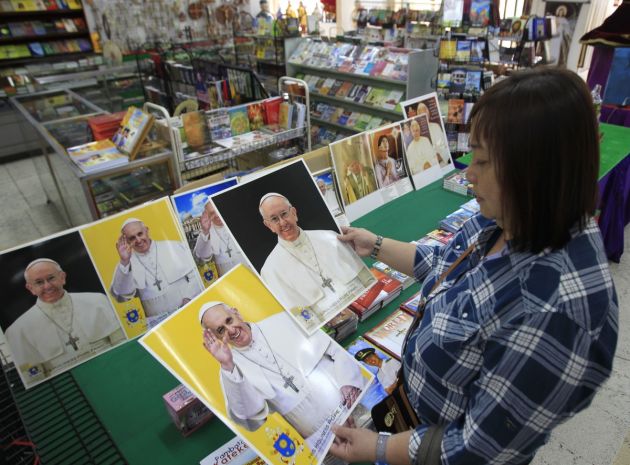Pope names new cardinals with emphasis on developing nations

Pope Francis has announced a new group of bishops and archbishops from all over the world, especially developing countries, who will become cardinals and shape the running of the Roman Catholic Church.
Francis read the names of the 20 new cardinals, 15 of them electors who can choose a new pope before thousands of people gathered in St. Peter's Square on January 4 for his Sunday address.
It was the second time for the 78-year-old Argentine Pope to use the appointment of cardinals with his stamp of approval to assist in running Christianity's biggest 1.2 million-strong church.
Only one of the new elector cardinals is from the Curia, the Vatican's key administrative body which the which Francis has committed to modernize.
For the second time since Francis' election in 2013, there are no Americans on this new cardinals' list.
New cardinals are always important because they set the tone in the church and also elect the next Pope, said CNN Senior Vatican Analyst John L. Allen. Cardinals are sometimes referred to as the princes of the Catholic Church.
Last month, the Pope said the Curia was stricken by careerism, scheming, greed and "spiritual Alzheimer's," Reuter's news agency reported.
The Pope's nominees now account for up a quarter of the 125 "cardinal electors" under 80 years old, that is easily enough to sway the election of a new pope when Francis dies or resigns, said Reuters.
The new electors come from Italy, France, Portugal, Ethiopia, New Zealand, Vietnam, Mexico, Myanmar, Thailand, Uruguay, Spain, Panama, Cape Verde and Tonga, Vatican Radio reported.
Nine of them come from the developing world. Vatican spokesman Father Federico Lombardi said it was the first time cardinals from Myanmar, Tonga and Cape Verde had been appointed.
The two nations with the largest numbers of eligible electors are Italy, with 26, and the United States, with 11, The Washington Post reported.
Francis is using his papacy, which began in March 2013, to root out corruption, inefficiency, careerism and other problems in the curia, The Post reported.
The Pope said he will hold a consistory meeting on February 14 when he will name the 15 new elector cardinals who come from 13 countries of the world's continents.
That meeting will, said Francis, "manifest the indissoluble links between the Church of Rome and the particular churches present in the world."
On February 12 and 13 the Pope said, "I will hold a Consistory with all the Cardinals to reflect on the orientations and proposals for the reform of the Roman Curia."
"This is a pope who very much wants to reach out to people on the margins, and you clearly see that in this set," CNN's John Allen said.
"You're talking about cardinals from typically overlooked places, like Cape Verde, the Pacific island of Tonga, Panama, Thailand, Uruguay."